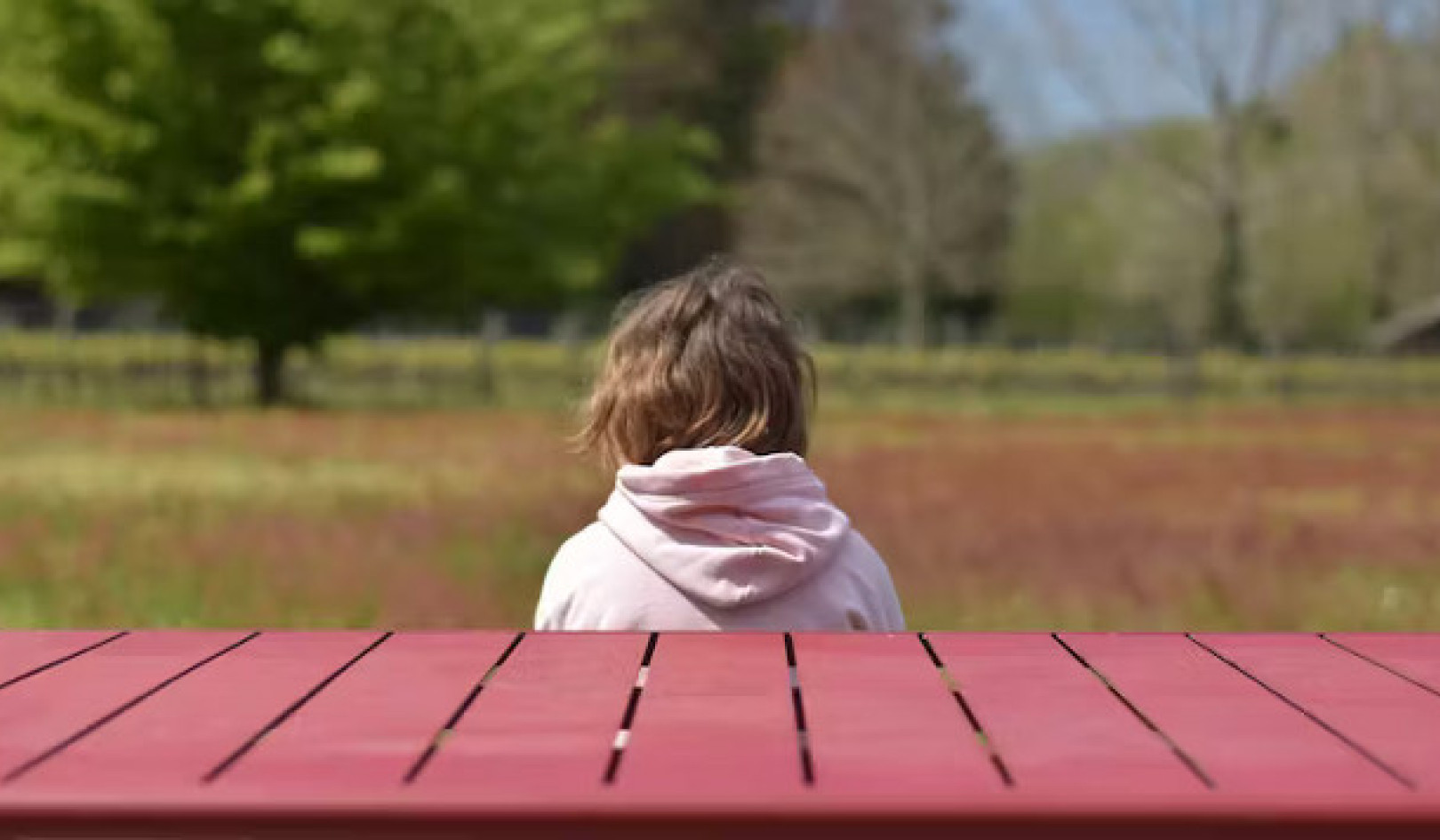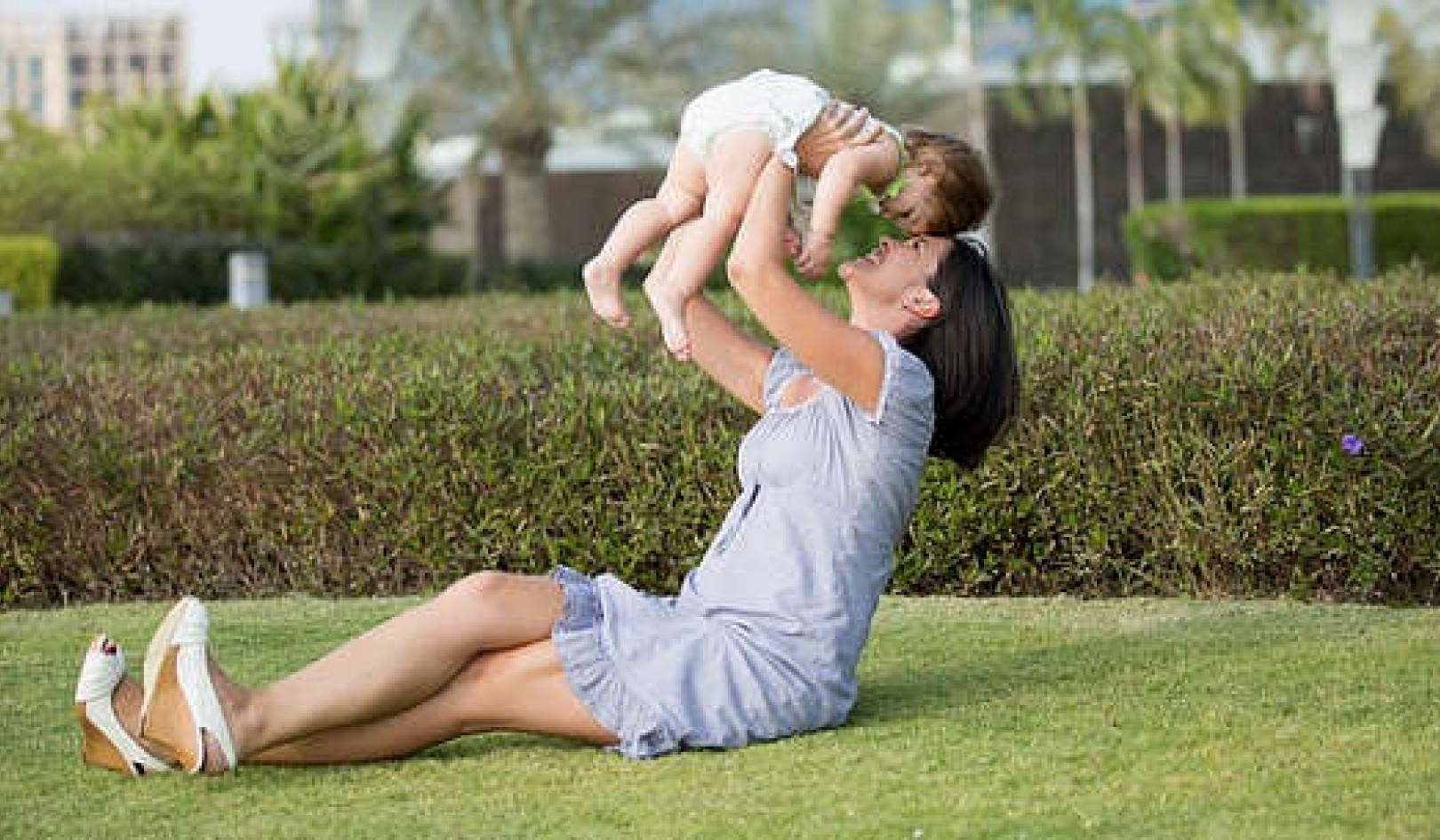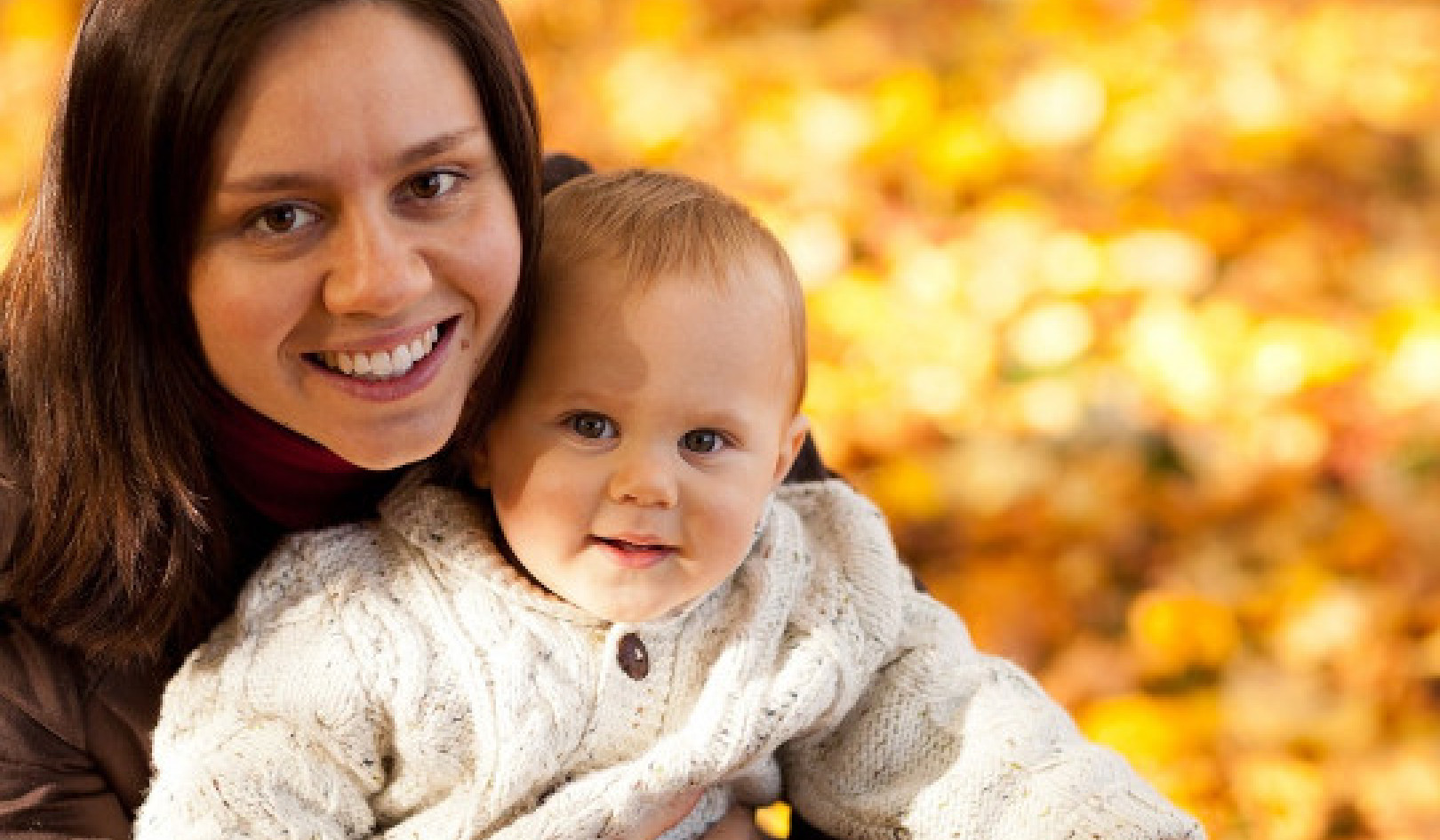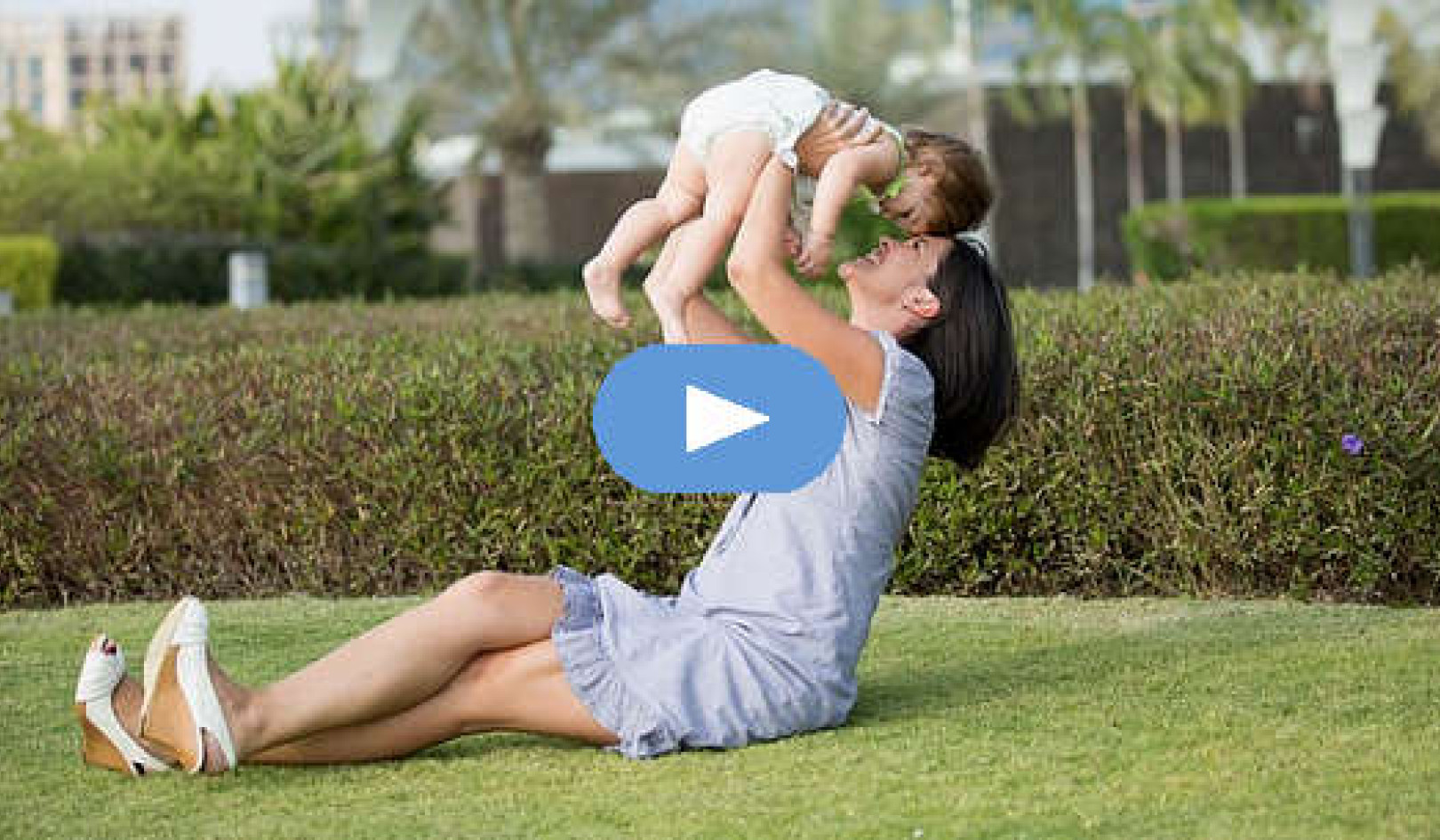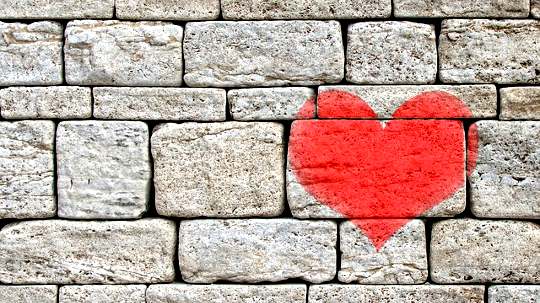
In the 2000 movie, Where the Heart Is, seventeen year old Novalee Nation (played by Natalie Portman), while crossing the country in search of a new life, is abandoned by her loser boyfriend at a small town Walmart store.
Last week, Joyce and I witnessed an eerily similar story. Driving north through the Sacramento Valley on Highway 5, we saw a sign for a California Welcome Center in Anderson and pulled off to have dinner in our camper. While heating up some soup, it was getting dark outside and we noticed a young woman pushing a baby stroller up to the now closed facility. She started setting up her “home,” basically just a blanket to lie on, in a semi-protected alcove outside one of the locked doors. I was finishing preparing dinner, so Joyce and our four-year-old golden retriever, Rosie, went to say hello.
She came back and told me the young woman’s story. Lucinda was dropped off by her boyfriend at a Walmart across the street one and a half years ago. He promised to wait for her outside in his car. Perhaps he got the idea from the movie, but he, too, drove off. She has been homeless ever since, but told Joyce in a clear, calm voice, “He’ll be back to pick me up.”
I had to check on her myself, so I went over to her. Rosie ran ahead. By now they were best buddies. While she petted Rosie, I asked, “Would you like some soup?”
“No thanks.” Her voice was actually chipper. “I had dinner already.” I wondered if it was at a homeless shelter.
Determined to help, I then asked, “Do you need any money?”
“No thanks. I’m fine.”
Hanging On To Hope
It surprised me that she actually sounded fine, but also seemed to not want to talk very much. I glanced at her total possessions, a blanket to lie on, another blanket to put on top of her, and a very few other things in the baby stroller. Rosie and I said good night to her and walked back to our camper to have dinner.
Joyce and I talked about this very unusual woman. The experienced therapist part of ourselves had to label her as deeply in denial, and most likely mentally ill in some way. A normal person doesn’t wait a year and a half after being abandoned. But something just didn’t add up. She was very clear in her speech and thought, at least from the little we heard. Against all odds, she seemed to be convinced that her boyfriend would be coming back for her.
Who are we to deny her this hope? Who are we to tell her he will never come back for her, that this is a classic Cinderella fantasy, waiting to be rescued by her prince? Something in her is simply convinced, and is hanging on to hope.
Hope As A Spiritual Practice
There is the term “false hope.” But can hope ever really be false? Maybe improbable, but never false. Someone hopes their terminal cancer can be healed. It’s unlikely, but not impossible. I’m hoping I can heal my knee without having to have a knee replacement. My doctors are skeptical, but I have something in my healing regimen that few doctors believe in. It’s hope … and the power of prayer. I’ve seen what prayer can do. It’s a power that makes the improbable very possible.
And that’s the real secret about hope. It’s a spiritual practice! Hope is in fact a prayer. You can’t hope without praying. The homeless young woman’s hope is her prayer for her beloved. To us, he is a loser boyfriend. You have to be a loser to abandon someone like that. But what if he goes on to learn valuable lessons about love … and self-forgiveness … and does return a new man, asking her forgiveness? Improbable, we say, but not impossible.
Faith, Hope, and Love
Remember the often quoted lines from First Corinthians 13 about faith, hope and love, with love being the most important. Perhaps that’s so, but I believe faith and hope are contained within love, and love within faith and hope. How can you really separate these three vital ingredients? When you hope with all your heart, you are living in love. To have faith is to open up to the power of love. And when you love, you are living in a state of hope and faith.
Many years ago, after I betrayed Joyce by having sex with her best friend, I remember how deeply I held onto hope. I hoped she would see my changes and learn to trust me again. I hoped we would grow into even more love and connection. I spoke this hope out loud to her during the times when she was in deep pain and anger. She has always told me how much this helped her in the dark moments.
Don’t ever lose hope, whether it’s for a new relationship, a better relationship, a more fulfilling job, having children, having a better relationship with your children, or getting through health challenges. When you feel your hope, you are in a state of prayer.
One of our beloved teachers, Pearl Dorris, often used to say, “What your attention is upon, you become.” Put your attention upon hope, and you become what you hope for. Remember, hope is not just a verb. It’s also a state of being. You can live in a state of hopefulness, and in that state there is also love, faith and happiness.
Barry Vissell is the co-author of the book:
at About the Author(s)
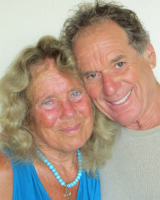 Joyce & Barry Vissell, a nurse/therapist and psychiatrist couple since 1964, are counselors, near Santa Cruz CA, who are passionate about conscious relationship and personal-spiritual growth. They are the authors of 9 books and a new free audio album of sacred songs and chants. Call 831-684-2130 for further information on counseling sessions by phone, on-line, or in person, their books, recordings or their schedule of talks and workshops.
Joyce & Barry Vissell, a nurse/therapist and psychiatrist couple since 1964, are counselors, near Santa Cruz CA, who are passionate about conscious relationship and personal-spiritual growth. They are the authors of 9 books and a new free audio album of sacred songs and chants. Call 831-684-2130 for further information on counseling sessions by phone, on-line, or in person, their books, recordings or their schedule of talks and workshops.
Visit their website at SharedHeart.org for their free monthly e-heartletter, their updated schedule, and inspiring past articles on many topics about relationship and living from the heart.
 Joyce & Barry Vissell, a nurse/therapist and psychiatrist couple since 1964, are counselors, near Santa Cruz CA, who are passionate about conscious relationship and personal-spiritual growth. They are the authors of 9 books and a new free audio album of sacred songs and chants. Call 831-684-2130 for further information on counseling sessions by phone, on-line, or in person, their books, recordings or their schedule of talks and workshops.
Joyce & Barry Vissell, a nurse/therapist and psychiatrist couple since 1964, are counselors, near Santa Cruz CA, who are passionate about conscious relationship and personal-spiritual growth. They are the authors of 9 books and a new free audio album of sacred songs and chants. Call 831-684-2130 for further information on counseling sessions by phone, on-line, or in person, their books, recordings or their schedule of talks and workshops.Visit their website at SharedHeart.org for their free monthly e-heartletter, their updated schedule, and inspiring past articles on many topics about relationship and living from the heart.























